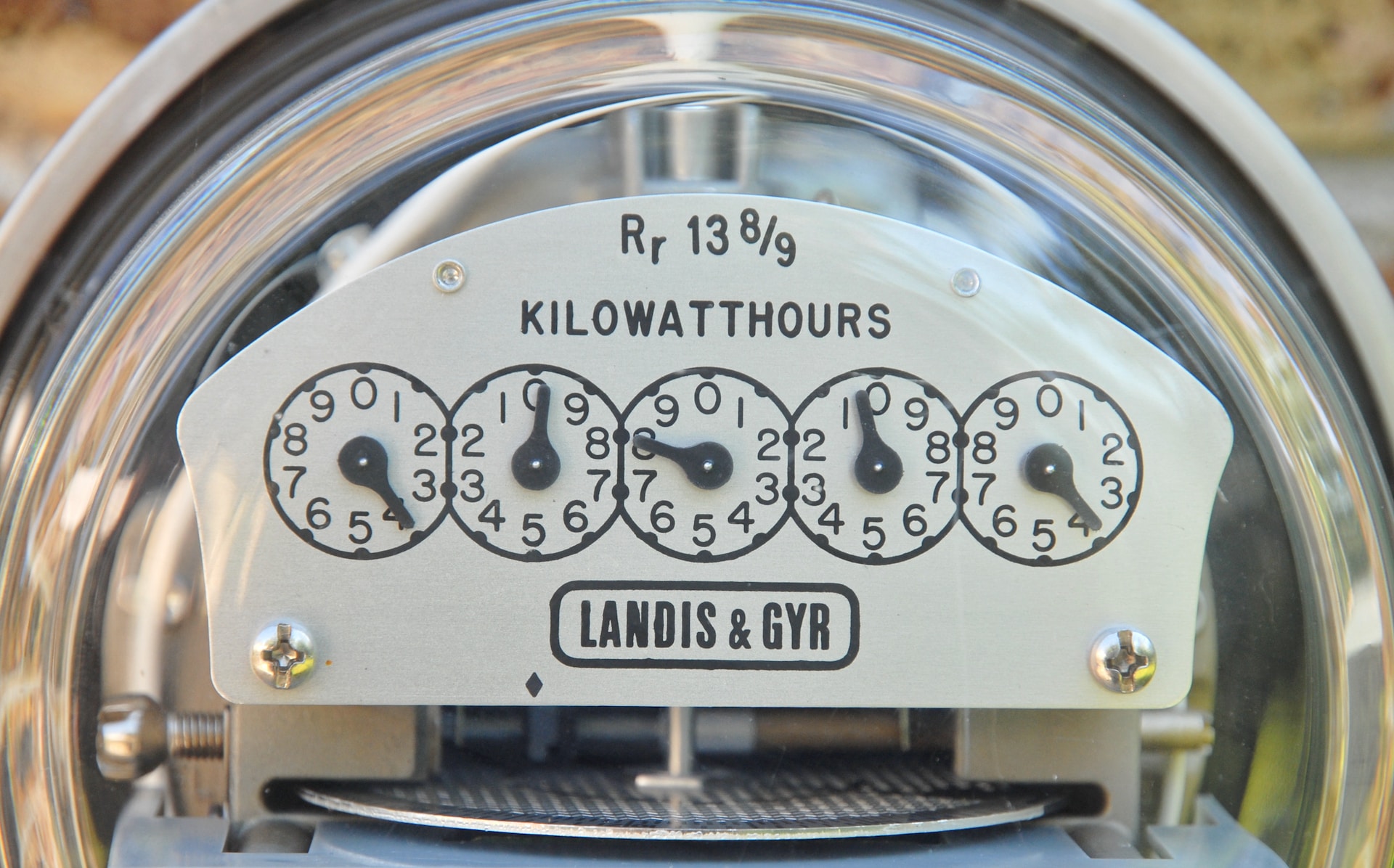The new Energy Price Cap is just weeks away and, as predicted, suppliers have started introducing fixed energy deals.
Many of these deals are at prices close to the new price cap, leaving customers wondering whether switching to a fixed tariff or staying put is the better option. We’ve broken down the pros and cons of switching below to help you decide.
What is a fixed energy deal?
Fixed energy deals, also called fixed rate tariffs, are an agreement between a customer and their energy supplier.
The supplier agrees to supply energy at a pre-agreed cost for a fixed length of time, usually 12 months. The customer agrees to remain with the energy supplier for that length of time or pay an exit fee to leave early.
Fixed-rate energy used to be the most affordable way to buy electricity and gas. Suppliers competed against each other to win customers with low tariff rates. However, that changed during the UK energy crisis.
With wholesale energy prices at record highs and changing rapidly, suppliers were not confident in offering fixed-rate tariffs. The remaining few providers on the market priced their tariffs with the expectation that the energy crisis would continue.
As previous tariffs ended, most customers switched to rolling variable energy plans. These plans are protected by the Energy Price Cap and so energy suppliers were forced to offer lower unit rates.
Why are fixed energy deals coming back?
Ofgem, the UK regulator for energy, has announced that Energy Price Cap will drop on July 1st. This is welcome news for millions of households who will see their bills drop by an average of £426 a year under the new cap.
The good news doesn’t end there. The new price cap seems to have restored some confidence in the energy market to suppliers, as the first competitive fixed rate tariffs are beginning to be widely available.
For many households scarred by recent energy price hikes, the option to fix their current bills at the new price cap – a few weeks early in some cases – is a welcome one. However, there are a few things to consider before you make the plunge and switch to a fixed energy deal.
The reasons to switch
Peace of mind
Switching to a fixed energy tariff lets you know how much you’ll be paying for energy in the future, and helps you budget accordingly. If there’s another sudden jump in wholesale costs and the energy price cap rises you’ll be protected until the end of your tariff.
Savings
With the energy price cap about to fall, you shouldn’t agree to fix at today’s energy prices. Some energy suppliers are already matching the new price cap, however, allowing you to start saving on your energy a few weeks early if you switch now.
Market Expectations
While nothing is certain, current market predictions are that the Energy Price Cap will fall slightly again in October and then rise slightly in January. Fixing your energy tariff now should be a good deal provided you do it at or below the new price cap.
Martin Lewis, Money Saving Expert.
While the value of price certainty is understandable, we’d recommend switching to a supplier that can match the new price cap to get the best value energy for the next year. Need help finding a supplier? Book a free call with one of our Connections Experts now and let us handle the leg work.
The reasons to wait
Price-cap protection
If you choose to remain on a flexible tariff, you’re at risk of paying more if the price cap goes up but your bills will also go down if the cap drops. Although far from certain, current predictions show the price cap dropping again in October by around 7%.
If that happens, those on variable tariffs will see a small drop in their unit prices. However, the price cap is expected to rise again in January 2024. Whether there will be fixed rate tariffs available this autumn that are cheaper than current tariffs will depend on long-term market conditions and predictions for wholesale energy prices.
Why exit fees aren’t a deal breaker
Fixed-rate tariffs come with fixed-length contracts – minimum periods during which you have to pay an exit fee to switch providers. These can sometimes deter renters or those who aren;t sure how long they’ll be living at their property.
The good news is that – in almost all cases – you won’t have to pay your tariff exit fee if you’re moving home. Instead, you’ll just have to inform your supplier that you’re leaving – or let Please Connect Me handle all the utilities for your move.
Read more about energy in the UK:













